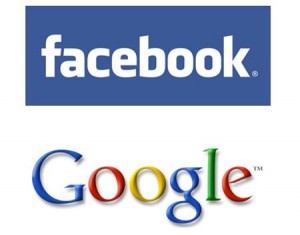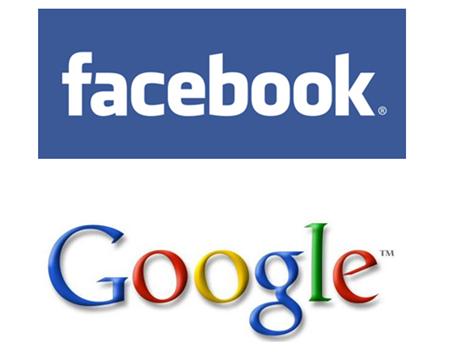Google and Facebook Go Deeper Into Your Privacy
This post is a summary of an excellent article appearing in USA Today By Byron Acohido, Scott Martin and Jon Swartz.
It’s a heated competition to tap what many experts predict will be the next big Internet gold rush — online advertising — Google and Facebook laid down very big bets, during a week when European regulators are hashing out strict new rules that could prevent much of what the tech giants seek to do.
Google signaled its intent to begin correlating data about its users’ activities across all of its most popular services and across multiple devices. The goal: to deliver those richer behavior profiles to advertisers.
Likewise, Facebook announced it will soon make Timeline the new, more glitzy user interface for its service, mandatory. Timeline is designed to chronologically assemble, automatically display and make globally accessible the preferences, acquaintances and activities for most of Facebook’s 800 million members.
“If they can make the ads more relevant, the logic goes, they can increase the number of advertisers and the price they can charge per click (on each ad),” says Alex Daley, chief investment strategist at Casey Research. “Because the click will be from more qualified leads — customers who are more interested in the product — they can grow the revenue base.”
But security analysts, privacy advocates and technologists say consumers probably should be very concerned. While making richer behavioral data more readily available to advertisers, Google’s new data-correlating practices and Facebook’s new Timeline and Open Graph, a more powerful way to express preferences on third-party websites, also tend to aid and abet more unsavory uses.
Richer personal details are very beneficial to identity thieves and cyberspies, as well as to parties motivated to use such data unfairly against consumers, such as insurance companies, prospective employers, political campaigners and, lately, hacktivists, security analysts say.
“What these unilateral decisions by Google and Facebook demonstrate is a complete disregard for their users’ interests and concerns,” says John Simpson, spokesman for Consumer Watchdog. “It’s an uncommonly arrogant approach not usually seen in business, where these companies believe they can do whatever they want with our data, whenever and however they want to do it.”
The deeper personal data of Timeline — which Facebook users willfully share — are potentially online advertising gold for marketers and advertisers. This is especially crucial, analysts say, as Facebook has finalized it’s initial public stock offering.
John Sileo is an award-winning author and international speaker on the dark art of deception (identity theft, data privacy, social media manipulation) and its polar opposite, the powerful use of trust, to achieve success. He is CEO of The Sileo Group, which advises teams on how to multiply performance by building a culture of deep trust. His clients include the Department of Defense, Pfizer, the FDIC, and Homeland Security. Sample his Keynote Presentation (he shares how he lost $300,000, 2 years and his business to data breach) or watch him on Anderson Cooper, 60 Minutes or Fox Business. 1.800.258.8076.
Sorry, comments for this entry are closed at this time.











No Comments Yet
You can be the first to comment!